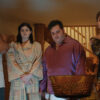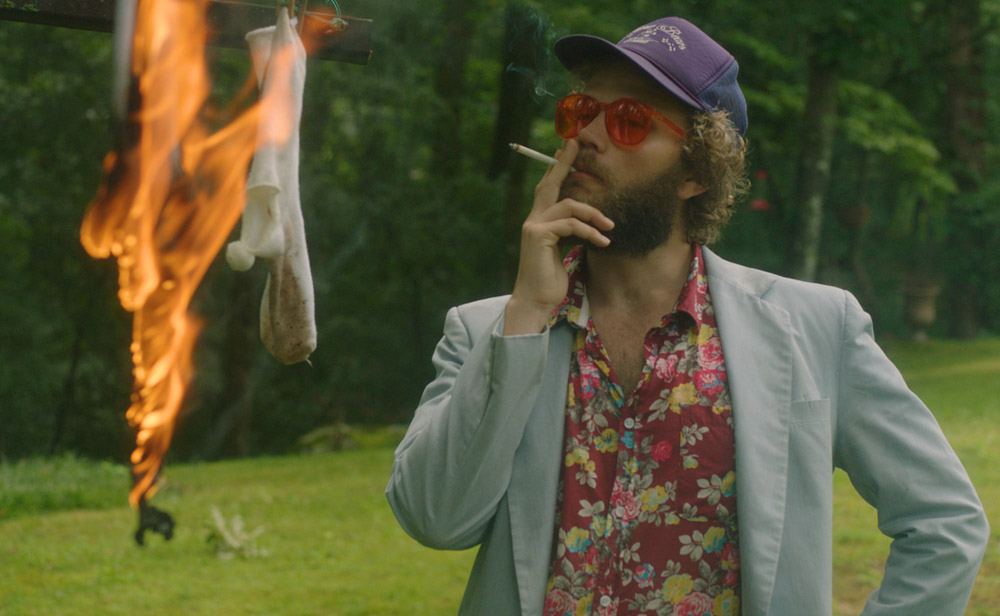“I’m sort of making a documentary about my family and a little family drama we’ve got going on…,” Bo McGuire explains in a rare moment of understatement in “Socks on Fire,” telling his former fifth grade teacher Miss Young what exactly he’s doing back in Hokes Bluff, Alabama. A bon vivant who performatively smoking cigarettes and rocks a signature set of rose-tinted sunglasses, appearing a bit like Truman Capote might today had he come of age as a millennial, the filmmaker has surely moved to the city by now, but he is proudly a country boy through and through, taking down his shades to recount an unfortunate bit of business in his bloodline, following the passage of his grandmother lovingly known as Nanny, who left behind a host of trouble when she didn’t leave a will.
In the wrong hands, “Socks on Fire” could be seen as an act of revenge that would be just plain petty, but entire swaths of great Southern literature have been built on less and in engaging one of the region’s truly great traditions, McGuire aims to dismantle some of their more insidious ones in relating the tale of how his aunt Sharon seizes the opportunity to block her younger brother John from receiving anything from his mother, most notably a small house that by many accounts was always intended for him. While McGuire would be upset by this on principle, it’s more upsetting when John’s exclusion is clearly a result of being gay, which is something he has in common with his uncle, and to counter Sharon’s crude behavior, which may be rooted in old ideas but seems like a symptom of modern emboldenment, he shrewdly blends contemporary formal execution that blurs the lines between truth and fiction with an appeal to the genteel side of Southern identity, resulting in a spellbinding chronicle of family strife that feels like it should come with the finest leather-bound cover and a soothing glass of bourbon.
Recognizing a culture where attachments to objects and ideas can often be held onto for far too long, McGuire’s decision to play fast and loose with the narrative seems rebellious even before Aunt Sharon comes into the picture, mixing interviews with fictional recreations that appear to be less a necessity for dramatic purposes than to exaggerate a few of the details as any Southern storyteller worth their salt would to create the most engaging yarn possible. (The filmmaker clearly has fun confusing the issue when scenes involving actors can have a more documentary visual grammar and real-life subjects can be presented as part of a cinematic epic.) However, such creative decisions as casting an actor in drag (Chuck Duck) to play Aunt Sharon in later life (in earlier years, she’s played by Odessa Young) make an even greater point about art providing freedom that may be unavailable elsewhere for those who feel marginalized when anything that Sharon could take away in the short term, McGuire can take back with his camera.
Still, however intoxicating “Socks on Fire” becomes, McGuire doesn’t run drunk with this power, reflecting in the film’s fragmentary structure how earnestly he struggles with how Sharon came to think the way she does and reconcile how he could once share so much in common with her, bonding over their mutual sassiness and love of Reba McIntyre. If Sharon came to weaponize these things against her relatives, the filmmaker finds a way to make audiences feel at home with their specific charms and in creating such a strong sense of place, the feeling of belonging comes on something fierce.
“Socks on Fire” does not yet have U.S. distribution.




